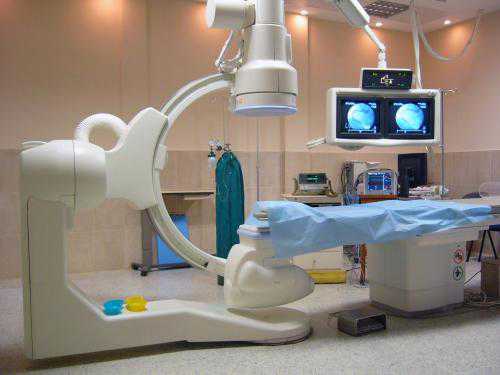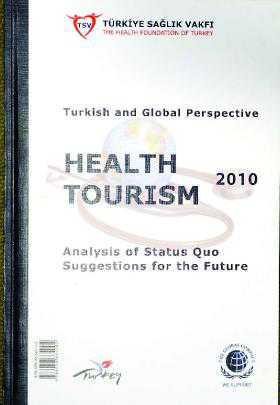All countries have their unique qualities, and any one place might seem wonderful to some and a great deal less so to others. But it’s my guess that most people who have had a chance to spend some time in Turkey would agree with me when I say that it really is a special place. Take Istanbul, perhaps the only city in the world that neatly straddles two continents. And not only geographically—Istanbul’s personality is clearly forged from both its European and Asian ties. That mix comes out in everything from the food to the politics to the language to the personalities of people you meet. (Turkey was long considered a candidate for admission to the European Union, but wasn’t admitted—and now can appreciate the fact that its economy is relatively booming, unshadowed by the deep problems of the EU.)
Johns Hopkins Medicine has strong ties to Istanbul through its affiliate there, Anadolu Medical Center. Anadolu, too, is unique, even by Istanbul’s standards. Most health care in Turkey comes through the government, though there is an increasing presence of private sector hospitals and clinics. But Anadolu, funded by a large foundation, is relatively special in being a non-government, not-for-profit institution, in some ways resembling a U.S. academic medical center. The academic part is a work in progress, but the hospital offers much the same sort of leading-edge facilities and expertise you’d find at many U.S. medical centers. That includes two linear accelerators for nuclear medicine, robotic surgery equipment and cutting-edge imaging capabilities, with the professional staff to match. All of that has helped Anadolu establish a top-notch reputation in areas including oncology and cardiac surgery; in addition, it will soon have an organ-transplant program.
There has never really been anything like it anywhere in the region. As a result, Anadolu attracts patients from Eastern Europe, Russia and the Middle East. Many of them are affluent, and can afford the costs of travel and of non-government-subsidized health care. Other, less-affluent patients have made considerable sacrifices to receive a higher level of care and a better chance of good outcomes for themselves and their loved ones.
Some might say these traveler-patients are part of the “medical tourism” movement. If you’ve been reading my blog, you know how I feel about that term. I don’t like it because it blurs the distinction between two very different groups of patients: Those who shop internationally for a “good deal” in medical treatment, and who may even apply the savings to actual tourism; and those who travel because they want or need access to higher quality or more immediate care, or services that may not be available at all in their own regions. Though most of the hype you read about medical tourism applies to the former group, I think that group is actually a much smaller one than it’s made out to be—but more on that in another post.
The point I want to make here is one that was driven home to me recently in a conversation with Bob Kiely, the head of Anadolu Medical Center, who came to the job last year after a long and much-celebrated career in U.S. hospitals. Bob’s not a physician, but he told me that he goes on rounds there every single day, just to visit with patients and families and see what’s going on in the very front lines. Each day, he makes a point of stopping by the pediatric ward and visiting some of several dozen Iraqi children who are there at any given time, having been brought to Turkey for complex treatments they couldn’t have gotten back home—typically cardiac surgery, sometimes performed at Anadolu on infants as young as six weeks old.
You might think that a group of sick children makes for a heartbreaking scene, but Bob says it’s actually a lot of big smiles around there. The smiles are from mothers who are finally seeing their children on the road to recovery, staff who are happy to be making a difference and kids who are, well, just being kids. For Bob—and for me, too—it’s a great reminder about why we do what we do, wherever it is in the world we’re doing it.
Call these kids medical tourists, if you want. As far as I’m concerned, they’re patients who need and deserve good care. Ideally, these patients could get that care down the block or across the city. But this is the best option they have right now, given that the people of Iraq are working to rebuild their country. While that work progresses, the staff of the Anadolu Medical Center are doing an amazing job caring for these patients and their families. I’m so proud that Hopkins and its affiliates can help provide a Plan B.
via Plan B from Istanbul.





